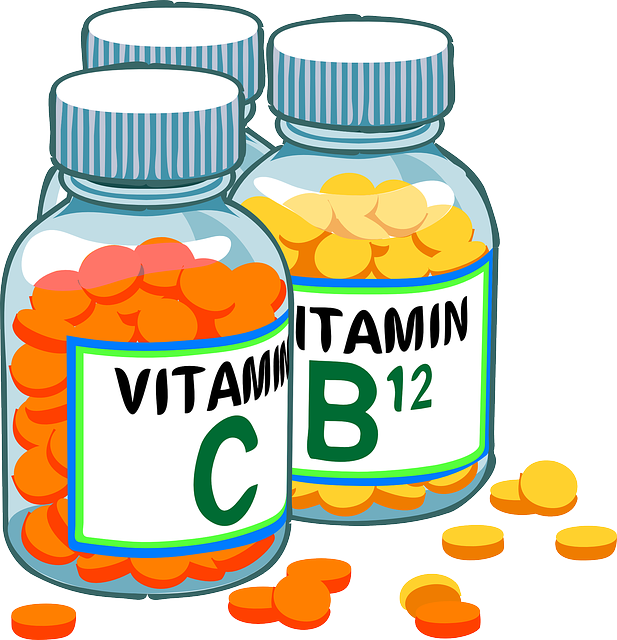Search
Latest Articles
- Healthy Aging and A Fulfilling Lifestyle
- Bones That Are Strong at Any Age
- Finding the Right Dentist in Chicago for Seniors: What to Look For
- A Diet That Lowers Cholesterol
- Why Oral Health Remains Vital for Ageing Well in Broadway, Vancouver
- Finding the Truth Behind Dementia and Alzheimer’s
- Role of Midwest Psychiatrists to Stay Healthy as You Age
- Staying Strong with Osteoporosis
- Managing and Avoiding the Challenges of Arthritis Going Forward
- The Transforming Results of Meditation and Awareness for Elderly People
- The Strength of Relationships to Support Aging
- Staying Active and Engaged: The Key to Healthy Aging

Tags
Ageing
Aging
aging brain
balanced die
Benefits of Wet Shaving</
brain boosters
cellular health
Chicago dentists for seniors
cognitive health
dental health
dentures and gum health
Dr. Kenneth Beer
energy and diet
enhancement pills
find a dentist in Chicago
hair loss
Health
Health & Ageing
healthy ageing
herbal supplements
hormone management
longevity
low estrogen levels
low testosterone levels
memory enhancement
Messina Education Calculator
NAD+
NMN supplements
nootropics
nutrients to diets
old people care
oral health tips for older adults
performance enhancers
proper shaving process
reduce stress
senior dental health
Shaving
Shaving with Razor
sleep
Stretching Exercise
supplements
supplements tips
vitality
Weight Loss
Weight Loss Supplement
Featured Video
| M | T | W | T | F | S | S |
|---|---|---|---|---|---|---|
| 1 | ||||||
| 2 | 3 | 4 | 5 | 6 | 7 | 8 |
| 9 | 10 | 11 | 12 | 13 | 14 | 15 |
| 16 | 17 | 18 | 19 | 20 | 21 | 22 |
| 23 | 24 | 25 | 26 | 27 | 28 | |
Archives
- February 2026
- October 2025
- September 2025
- July 2025
- May 2025
- April 2025
- March 2025
- February 2025
- January 2025
- December 2024
- November 2024
- October 2024
- September 2024
- August 2024
- July 2024
- June 2024
- May 2024
- April 2024
- February 2024
- December 2023
- November 2023
- October 2023
- September 2023
- July 2023
- May 2023
- April 2023
- March 2023
- February 2023
- January 2023
- November 2022
- October 2022
- September 2022
- August 2022
- July 2022
- June 2022
- May 2022
- April 2022
- March 2022



